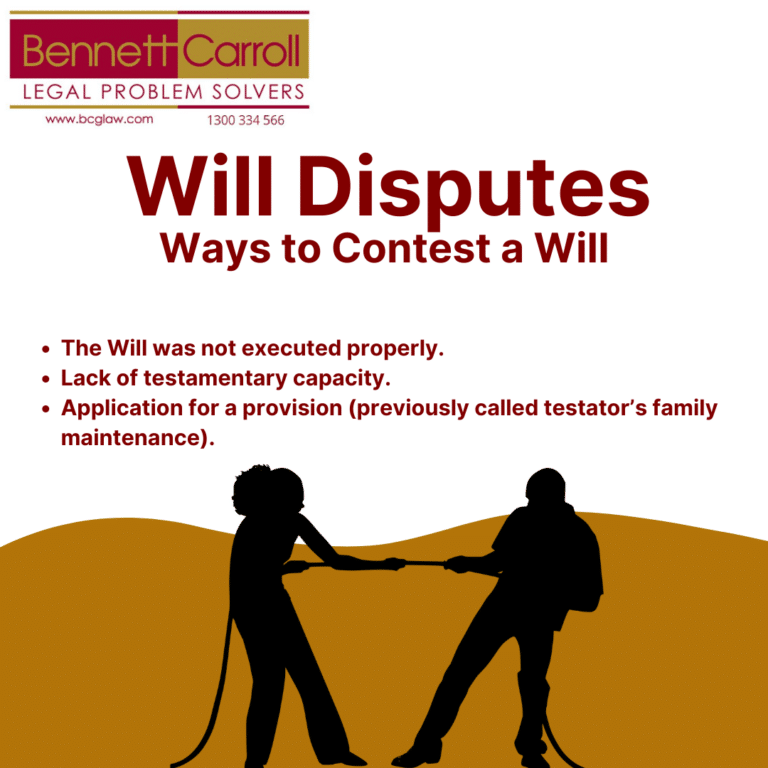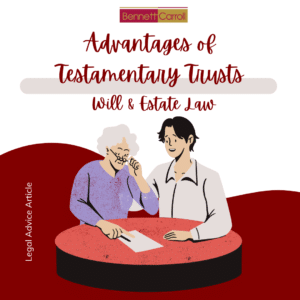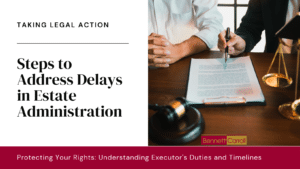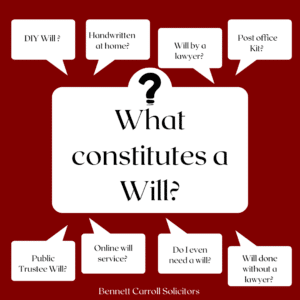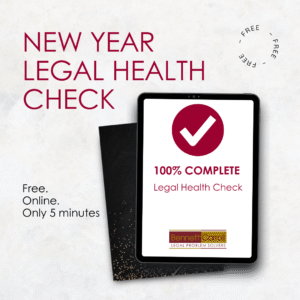There are three ways to contest a Will:-
1. The Will was not executed properly.
Recently, Parliament has lowered the bar on what constitutes an enforceable Will. Previously, there was a very rigid process and very strict requirements for how a Will was to appear, who could sign it, who could witness it, and how these signatures were to be attached. Now, this is somewhat more relaxed and a document merely needs to show “testamentary intention”, that is, the document needs to show that the person who signed it (the testator) intended it to be a set of rules for distributing assets upon death. If this is the case, the Court will often overlook non-compliance with format and execution. Recently, the Queensland Supreme Court approved a suicide note as a Will, despite that fact that it had no witness signatures, and was not in any recognised format. The Court ruled that the suicide note showed testamentary intention, and could be considered a set of directions for distributing assets.
2. Lack of testamentary capacity
Simply, the testator did not have enough “marbles” to understand what he or she was doing when the document was signed. These days, with strong medication and medical treatment prolonging the life (but not necessarily the quality of life) for people, Wills are being signed in circumstances where the mental capacity of the testator can be challenged. Illness, medication and other variables, can all rob someone of the capacity to make rational decisions. The question of whether this impairment is sufficient to prevent someone from understanding the nature and effect of a Will is a difficult and medically based question. Expert evidence from the treating doctor, or other experts, will be required to show that it is likely that the person who signed the Will did not understand its nature and effect.
3. Application for a provision (previously called testator’s family maintenance).
This, far more complex process will be covered further in the blogs below:
The Importance of Family Provision Applications- Will & Estate Dispute
and
Left out of the will? Family provision applications explained – Will Disputes

